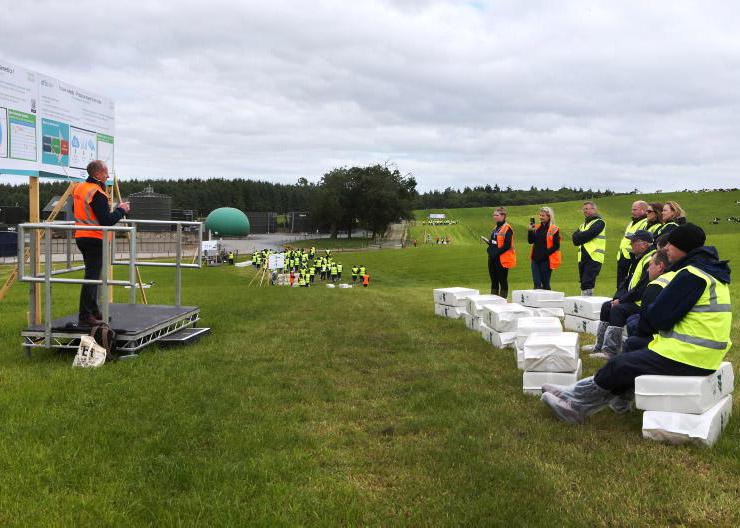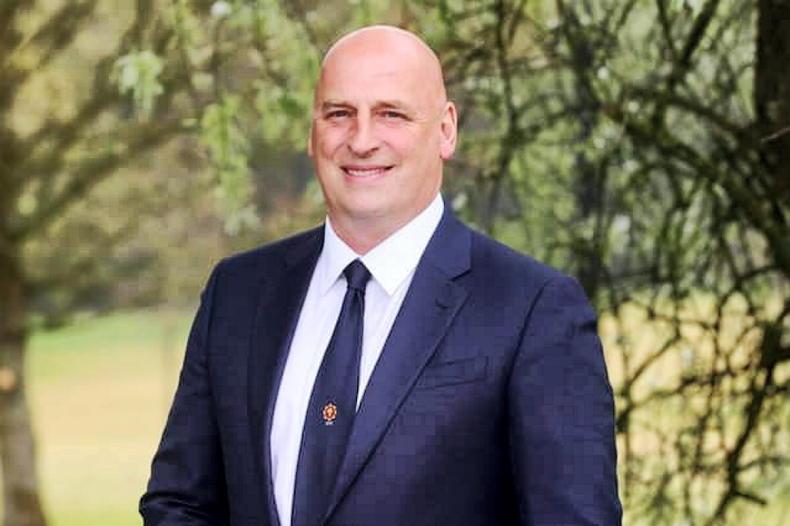Methane is only a problem if we don't manage it, Professor Frank Mitloehner told the joint Oireachtas committee on Wednesday.
The air quality specialist from University of California, Davis, explained how in California they have the same number of cows that Ireland does, but have been able to reduce methane emissions by 30% in the last five years with the use of anaerobic digestors.
This, he said, happened from not penalising farmers, but incentivising carbon reductions.
"Our farmers view methane as a challenge not a problem.
"The old saying that you can't manage what you can't measure applies to methane emitted by cattle herds. Ireland is distinctive in that its cattle are primarily raised on pasture, which has significant carbon sequestration capacity.
Carbon accounting
“What is surprising, is that it is not known how much carbon is being sequestered by Irish farms, that needs to be better understood as we discuss carbon accounting and set emissions targets," he said.
Mitloehner said that the technologies used in California can be tweaked and used in Ireland to achieve similar results.
"Feed additives are promising, with significant potential to reduce enteric methane in livestock.
"While I understand that anaerobic digesters are not made for the Irish way of dairy production, the critical point is that we are formulating real, workable solutions to a problem that many believe can only be made by draconian herd reduction,” he said.
Representatives from Carbon Removals Action Group (CRAG) and Professor Myles Allen from Oxford University were also present during the committee meeting.
Documenting
Allen stressed that the impact of Ireland's emissions on global warming should be reported and documented.
"Let Ireland be a policy pioneer in reporting the warming impact of policy on global temperature.
"It is an embarrassment to me that you have a method of characterising the environmental impact of greenhouse gases that doesn't actually reflect the impact on global temperature," he said.
At the end of the day, he said, we are trying to maximise the reduction in global temperature and stop global warming.









SHARING OPTIONS